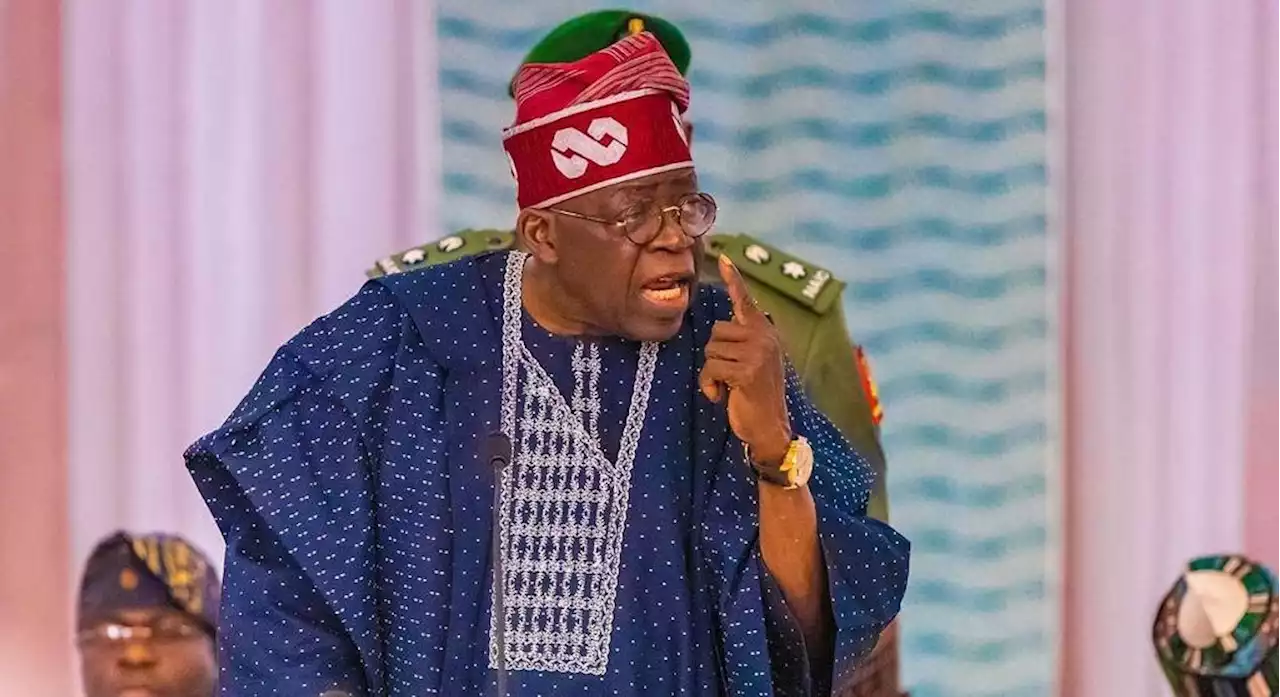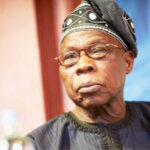Education is too important and central to the development of nations; and for someone like me to give up on advocacy for its improvement. In all communities and countries of the world, education remains the basic requirement for development and human progress or comfort. Thus, “if you think education is expensive, try ignorance”. Nigeria cannot afford to retrogress into ignorance.
The earlier pronouncement of the Presidency on the funding of universities has left many of us perturbed enough to ask: Is the Loans Board central to the unending decline in the universities? As of now, the education sector of Nigeria is far from living. So, for the federal government to openly indicate its inability to fund universities amounts to the final annihilation of universities and indeed national development.
No development can occur without education. President Bola Ahmed Tinubu knows that revenue generation, infrastructure development, and human development among all others cannot be attained without education. Muhammad Bello Shehu of the National Assembly who has tabled a bill for the establishment of three federal high institutions in his constituency has value of education. Education is a common good that all citizens must have unhindered access to regardless of age and socioeconomic status. Education is a common good that the government should be committed to in policies and funding.
Why will the federal government take this path after the extremely reckless proliferation of conventional and specialised universities; after degrading university development to the level of grammar schools? The need of an educational system in Nigeria, universities inclusive, is strengthening and putting it on the path of revival or rejuvenation.
- Police disperse anti-subsidy protest in Kano, workers adamant in Oyo
- Police arrest 8 over murder of man in Edo
The establishment of a Student Loan Board and increasing school fees are the last issues in this challenging task. There is no stakeholder that has acknowledged the utility of the Students’ Loan Board facilities. Students are up in arms against increased school fees while the National Assembly has asked the National Universities Commission to halt school fees hike in federal universities.
University education is not about palliative or charity. The students need grants to study, the workers need high-level and competitive welfare packages to deliver knowledge and the universities require reinstallation grants. Universities are about the commitment of resources to the appropriate personnel and infrastructure needed for the production of high-calibre manpower for national development. If 50 per cent of expected revenue is appropriated to education all other developmental indices will rise. But the government must be bold enough to make education a priority.
Not too long ago and on this page I had advocated ways to begin to restore the universities. I want to take the liberty to reproduce sections of that write-up. “There are several public institutions that award scholarships either for undergraduate or postgraduate studies. The awards are highly profitable for other countries and tertiary institutions. Should Nigeria be a wholesome supporter or promoter of other countries and their institutions as the economy goes into tatters and our universities wallow in low international content?
Imagine the quantum of naira being exported to other countries and the implications of such for their economies and institutions. Worse, some of the graduates of the scholarships never return home. Nigeria is one country whose major business is to train manpower for other countries. This undoubtedly can be rectified but with a vision and determination.
The vision is to invigorate postgraduate studies in Nigerian universities and the determination is your own efforts. Already some universities in Nigeria have been designated postgraduate universities. This is a starting point …. Public institutions that offer scholarships for all categories are not new….. At the point of national formation, it was needful to massively train abroad. Now, it is no longer fashionable or needed. Investing big in education as the federal government insists on, does not translate to cash export.
Every scholarship applicant that is so granted, must be marched with appropriate professor or group of professors, as supervisors, and should be given a sizeable research fund in the same area as the candidate. Special funds should be provided to the professor to procure and maintain all needed materials and chemicals for the research activities. This is to synergise and motivate both scholars and professors to work together and produce the results needed for our national development and global knowledge production.
Indeed, funds should be set aside for foreign external examiners. Where such professors-cum-supervisors do not exist, a postgraduate university should be required to outsource from across our borders a competent professor for a contract appointment with a mandate to produce a given number of well-trained specialists in the area as candidates from within and outside Nigeria. All monitoring and evaluation activities by the agencies will basically be within Nigeria. This will fulfill our university education in many ways. The essence is to use available resources to rebuild our universities.
As for universities in Nigeria, all options for improvement must be kept open. What is outlined above are ways to use internal resources to boost the universities. Rationalisation of the universities and turning some into campuses should be on the table.
Critical to the improvement are the academic staff; Refurbishing and empowering the academic staff with respect to academic capacity and welfare should be on the front burner – it should be noted that Nigerian professors earn less than the monthly wardrobe allowance of the national legislators. All outstanding salaries of professors need to be paid. These have made academic vocation unattractive to passionate lecturers and researchers.
It is obvious that the universities are in dire straits due to issues of poor policies, poor governance, lack of dedicated and passionate teachers and workers and high cost of governance as a result of rapid changes in utility rates and such others. It is for these reasons that the government needs to take a very critical look at university education as the apex manpower production factory. Review the past, correct the errors and invigorate the universities.
In the present circumstance, there is need for a holistic approach to improving the growth rates, internal governance, rating and welfare of university workers for a prudent and intelligent application of national resources through the scholarship system. A wholesale reliance on market-driven policies and private-sector investment in education will not take this country anywhere on the world development ladder.
President Bola Ahmed Tinubu, needs to do far more than Loans Board to salvage the Nigerian public education with the universities at the apex.
Yunusa is the Executive Director, Socioeconomic and Environment Advocacy Centre, Zaria

 Join Daily Trust WhatsApp Community For Quick Access To News and Happenings Around You.
Join Daily Trust WhatsApp Community For Quick Access To News and Happenings Around You.


